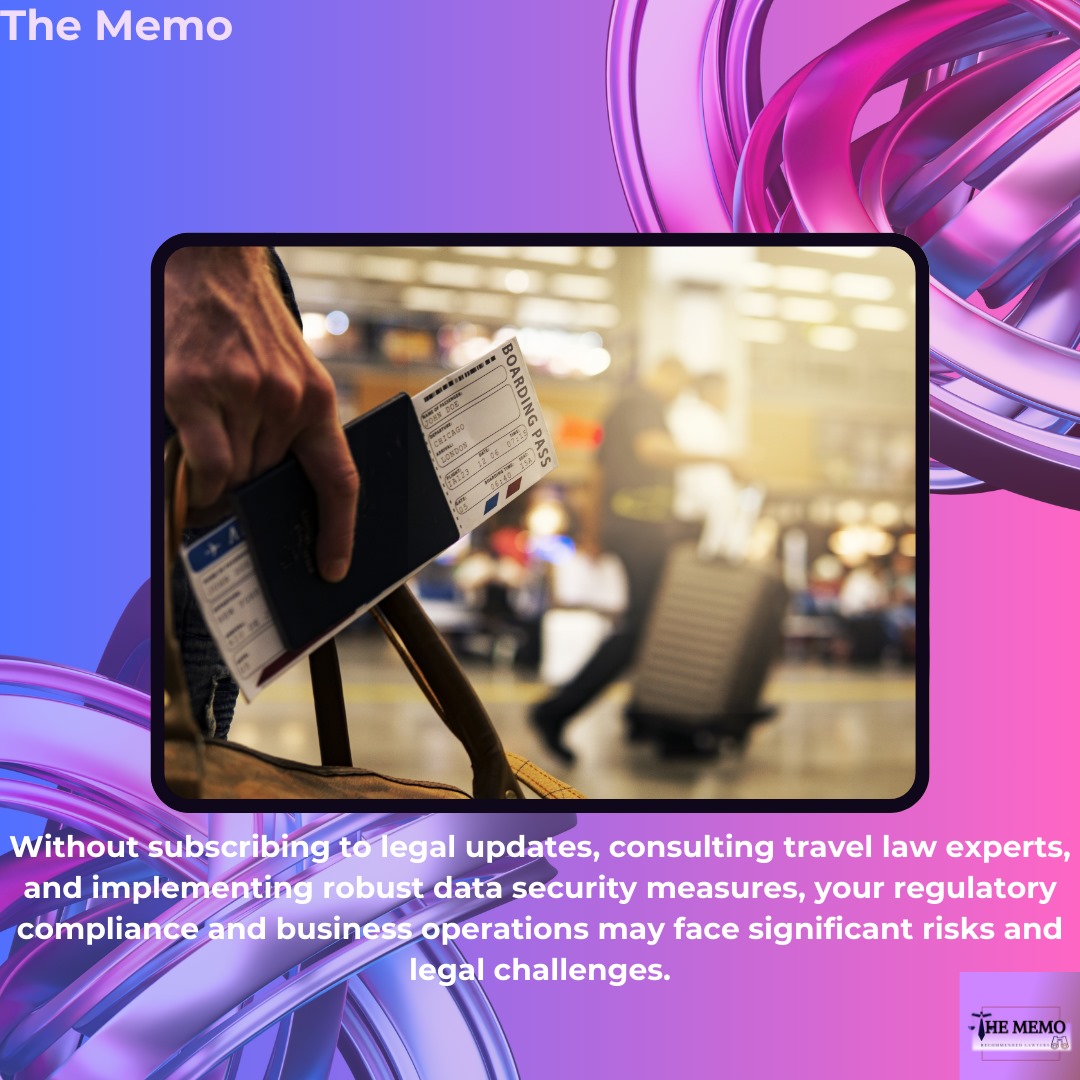
The transportation startup ecosystem in India has witnessed a rapid evolution in recent years. From ride-hailing services to logistics and delivery platforms, these startups are reshaping the way people and goods move across the country. However, the integration with third-party services brings forth a plethora of legal challenges, particularly concerning multiple contracts and liability concerns. A transportation startup in India, has faced and navigated these issues with a strategic approach. This article explores the legal challenges the start up encountered, why they arose, and how the company successfully mitigated them.
The Complexity of Multiple Contracts
The start up relies on an extensive network of third-party vendors to function seamlessly. These vendors include payment gateways, insurance providers, vehicle maintenance services, fuel suppliers, and more. Each relationship with these vendors necessitates a separate contract, adding layers of complexity to the operational framework of the start up.
Diverse Legal Frameworks
Each third-party vendor operates under different legal frameworks and regulatory requirements. This diversity necessitated that the start up draft and negotiate contracts compliant with various legal standards, which was both time-consuming and costly. For instance, their payment gateway provider had specific compliance requirements related to financial transactions, while their vehicle maintenance service was governed by local labor and safety regulations. This meant the start up had to invest significant resources into understanding and adhering to these diverse legal stipulations.
Contractual Overlaps
The overlapping nature of services provided by different vendors led to conflicts and inconsistencies in contractual obligations. For example, a dispute between a maintenance provider and an insurance company over the responsibility for a vehicle breakdown left ABC in a precarious position. If contracts were not meticulously aligned, the start up found itself in situations where obligations were unclear, leading to operational delays and potential legal battles.
Frequent Updates and Amendments
As regulations and business environments evolved, contracts needed frequent updates and amendments. Keeping track of these changes and ensuring all contracts were up-to-date with current laws and policies was a daunting task. Failure to update contracts promptly could result in non-compliance with new regulations, which had severe legal and financial repercussions for the start up.
Liability Concerns
Liability was a major concern for the start up, especially when dealing with third-party vendors. The primary issues revolved around determining responsibility and ensuring adequate protection against potential risks.
Shared Responsibility
When multiple parties were involved in providing a service, pinpointing who was liable for a mishap became challenging. For example, if a passenger faced an issue due to a payment failure, was the liability on the start up, the payment gateway, or both? This ambiguity could lead to disputes and legal challenges, making it essential for the start up to have clear contracts delineating responsibilities and liabilities.
Insurance Complications
Insurance was critical for the start up, covering everything from vehicle damage to passenger safety. However, the interplay between different insurance policies provided by various vendors created gaps in coverage, leaving the start up exposed to potential liabilities. For instance, if a vehicle insured by one provider got into an accident while using a maintenance service insured by another, determining which policy covered the incident was complicated.
Indemnity Clauses
Contracts often included indemnity clauses specifying who was responsible for certain risks. Poorly drafted indemnity clauses could result in the start up bearing undue liability, even for issues caused by third-party vendors. Clear and precise indemnity provisions were necessary to protect the start up from such scenarios.
Why These Problems Arose
The legal issues faced by the start up stemmed from several underlying factors:
Rapid Expansion
The fast-paced growth of the start up often led to hurried contractual agreements. In the race to scale operations, the start-up might overlook detailed legal scrutiny, leading to future complications. The pressure to quickly establish partnerships and expand service offerings resulted in inadequately vetted contracts that later posed significant challenges.
Regulatory Ambiguity
The regulatory landscape for transportation services in India was still evolving. Ambiguities and frequent changes in laws made it difficult for the start-up to maintain compliant contracts with third-party vendors. For instance, new regulations regarding data protection or environmental standards could impact existing agreements, requiring the start-up to continuously adapt their contractual frameworks.
Diverse Vendor Ecosystem
The need to integrate with a wide range of vendors, each with its own terms and conditions, increased the complexity of managing contracts and liabilities. This diverse ecosystem made it challenging to establish standardized agreements. The variation in vendor requirements meant that each contract had to be tailored, increasing the risk of inconsistencies and legal disputes.
Mitigating Legal Risks
To navigate the legal complexities and mitigate risks, the start-up adopted several strategies:
Robust Legal Framework
The start-up established a robust legal framework with the help of experienced legal counsel. This included drafting comprehensive contracts that clearly defined the roles, responsibilities, and liabilities of each party involved. Legal counsel also helped in negotiating favorable terms and ensuring all contracts were compliant with current regulations.
Regular Audits and Reviews
The start-up conducted regular audits and reviews of all contracts and third-party agreements. This helped in identifying potential gaps and making necessary amendments to stay compliant with current laws. Regular reviews ensured that the contracts remained aligned with the latest regulatory requirements and business practices.
Standardized Contract Templates
The start-up developed standardized contract templates that could be customized as per the needs of different vendors. Standardization helped in maintaining consistency and reducing the risk of contractual disputes. These templates included clear clauses on liability, indemnity, and dispute resolution.
Clear Indemnity Provisions
The start-up ensured that indemnity provisions in contracts were clear and specific. These clauses outlined the exact scenarios where indemnity was applicable, protecting the startup from undue liabilities. Well-drafted indemnity clauses helped in managing risks associated with third-party vendor actions.
Comprehensive Insurance Coverage
The start-up worked with insurance providers to develop comprehensive coverage plans that addressed all potential risks. This included coordinating between different insurance policies to avoid gaps in coverage. Comprehensive insurance ensured that the start-up was protected against various liabilities, from vehicle accidents to data breaches.
Vendor Management Systems
The start-up implemented vendor management systems to streamline the process of managing contracts and vendor relationships. These systems automated contract renewals, tracked compliance, and managed vendor performance. Effective vendor management systems helped in maintaining a cohesive and compliant vendor network.
Conclusion
The integration with third-party services is a critical aspect of the operational model for transportation startups like the start-up in India. However, this integration brings significant legal challenges, particularly concerning multiple contracts and liability concerns. These problems arose due to the rapid expansion of startups, regulatory ambiguities, and the diverse ecosystem of vendors.
To mitigate these risks, the start-up established a robust legal framework, conducted regular audits, developed standardized contracts, ensured clear indemnity provisions, and maintained comprehensive insurance coverage. By adopting these strategies, the start-up successfully navigated the complex legal landscape and minimized potential liabilities.
While these legal issues are common in the industry, addressing them proactively can pave the way for sustainable growth and success in the transportation sector. As the regulatory environment continues to evolve, startups like the start-up that prioritize legal compliance and robust contract management will be better positioned to thrive in this dynamic industry. the start-up’s journey serves as a valuable case study for other startups looking to navigate similar challenges and achieve long-term success.





